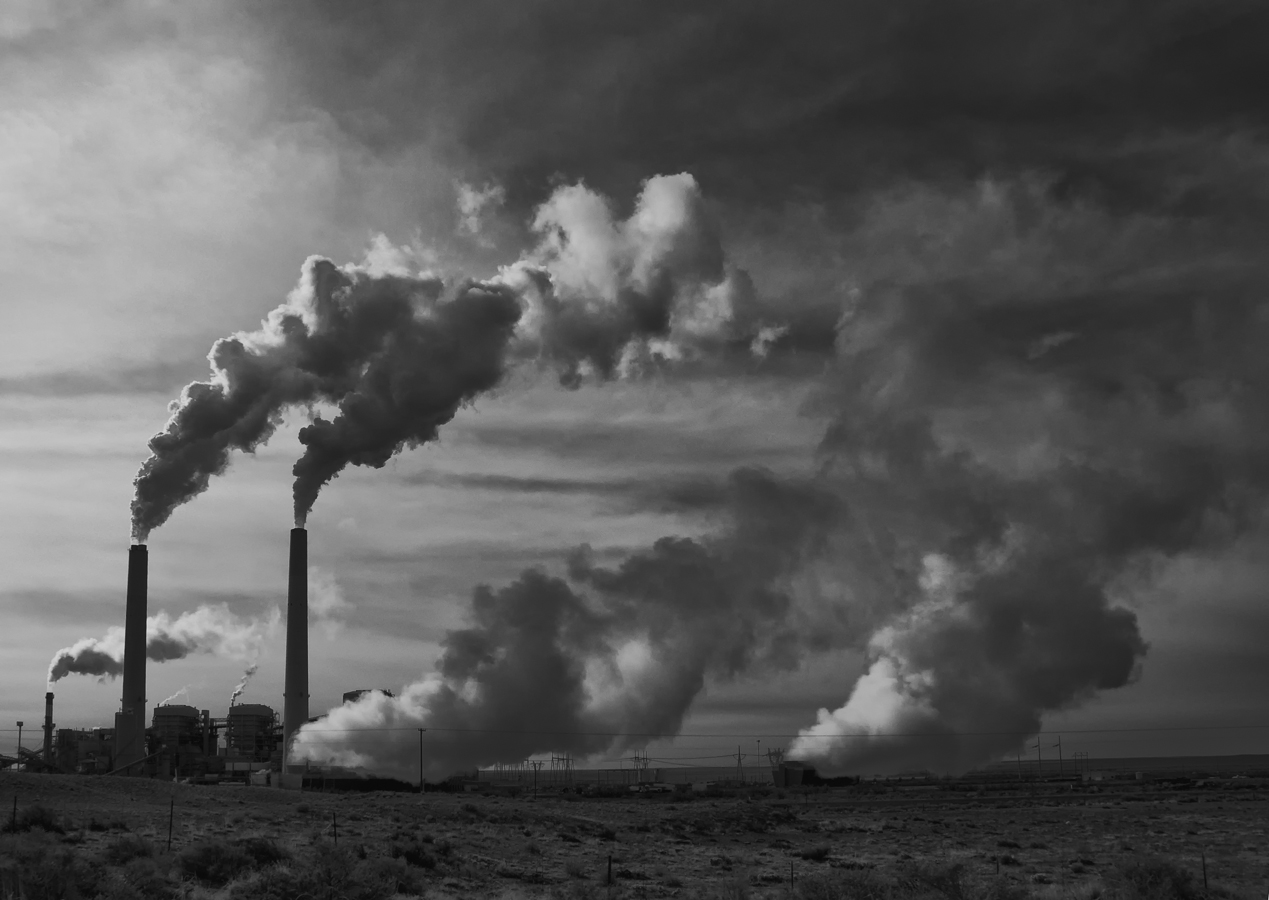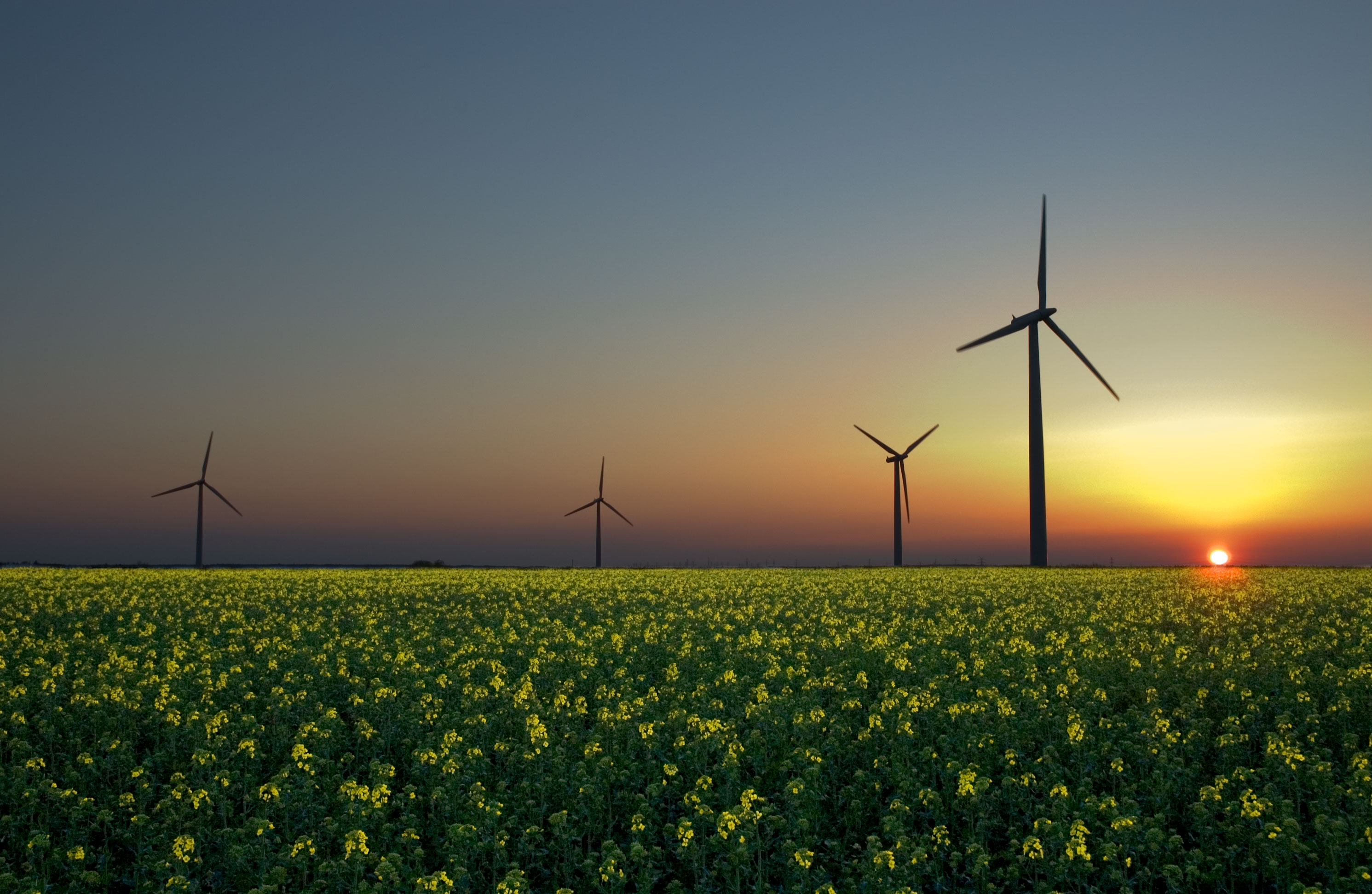When talking about energy we usually think of fossil fuels, such as gasoline and natural gas. However, there are other sources of energy, such as nuclear, solar and wind power. The last two are renewable sources of energy.

“Cholla power plant” by snowpeak – Power Plant
Uploaded by PDTillman. Licensed under CC BY 2.0 via Wikimedia Commons.
As implied by the name, renewable sources of energy are those which are replenishable. Moreover, they have a smaller footprint compared to fossil fuels. Because of these reasons, a number of countries around the world have started incorporating these sources into their energy mix. According to Care2 in 2012, the United States, Germany, Spain, China, and Brazil led the charge in the use of renewable energy around the world. In 2015 so far, the country Costa Rica has relied solely on renewable energy – this article has an actual counter of how many days they’ve gone since using fossil fuels.
We don’t have to look far to see change in action. In his latest bid for re-election as the Mayor of Vancouver, Gregor Robertson pledged that by 2050 Vancouver will be totally relying on renewable energy sources. He said, “Cities around the world must show continued leadership to meet the urgent challenge of climate change, and the most impactful change we can make is a shift toward 100% of our energy being derived from renewable sources” This means that in about 35 years we will go from 32% to 100% renewable energy use, a monumental task, but not impossible.

“Alternative Energies” by Jürgen from Sandesneben, Germany – Flickr. Licensed under CC BY 2.0 via Wikimedia Commons.
Progress needs to be made as leaders have realized that we cannot offset the effects of global warming; especially now that 2014 has been recorded as the hottest year in centuries. Renewable energy presents one of the most promising ways to address climate change, but it’s far from perfect.
Among the advantages:
- It is environmentally friendly since it does not emit CO2 and other pollutants.
- We will never run out of renewable energy.
- Generating renewable energy is cheaper and will generate jobs.
On the other hand, some disadvantages to consider are…
- Solar and wind power are subject to uncontrollable forces such as the weather.
- It is difficult to match the production levels of coal powered plants
- It will be expensive to overhaul the existing infrastructure.
One source of renewable energy are biofuels. The following podcast goes over biofuels and their implications.
https://www.youtube.com/watch?v=pocOZWgNRWY&feature=youtu.be
Currently, there are researchers working on ways to produce biofuels from cheap, sustainable sources. A recent study looked at algae as a potential raw material for biofuels and other products. The following video explains how this would work.
Renewable sources of energy will play a key role if mankind is ever to be weaned off of fossil fuels. However, as promising as this technology sounds, it is not a silver-bullet in curtailing global warming but rather a part of the solution. It will take a dedicated effort from governments, private institutions and individuals to gain ground on this issue, which will ensure the health of our planet, and ultimately, our species.
Leslie Almeyda, Alex Ensing, Tommy Kim, Armando Dorantes Bollain
